
Helen Thompson is the multimedia editor at Science News. She makes videos, creates data visuals, helps manage the website, wrangles cats and occasionally writes about things like dandelion flight and whale evolution. She has undergraduate degrees in biology and English from Trinity University in San Antonio, Texas, a master’s degree in science writing from Johns Hopkins University in Baltimore, Maryland, and strong opinions about tacos. Before Science News, she wrote for Smithsonian, NPR.org, National Geographic, Nature and others.

Trustworthy journalism comes at a price.
Scientists and journalists share a core belief in questioning, observing and verifying to reach the truth. Science News reports on crucial research and discovery across science disciplines. We need your financial support to make it happen – every contribution makes a difference.
All Stories by Helen Thompson
-
 Animals
AnimalsWhy bats crash into windows
Smooth, vertical surfaces may be blind spots for bats and cause some animals to face-plant, study suggests.
-
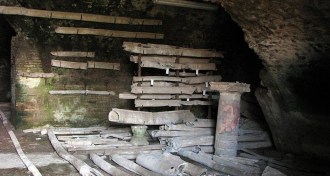 Archaeology
ArchaeologyAncient mud documents the legacy of Rome’s lead pipes
Researchers used lead levels in Rome’s ancient harbors to track lead pipe use and urbanization.
-
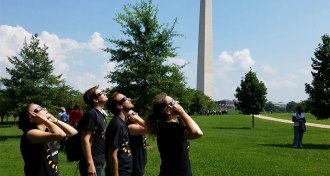 Astronomy
AstronomyHere’s what the Science News family did for the eclipse
On August 21, 2017, the path of a total solar eclipse went coast to coast across the United States. Here are our dispatches.
-
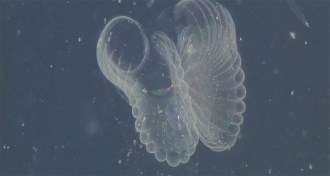 Animals
AnimalsGiant larvaceans could be ferrying ocean plastic to the seafloor
Giant larvaceans could mistakenly capture microplastics, in addition to food, in their mucus houses and transfer them to the seafloor in their feces.
-
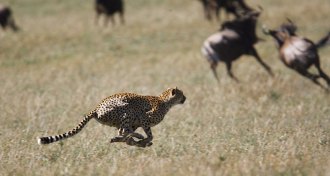 Animals
AnimalsWhy midsize animals are the fastest
New analysis delves into the mystery of why medium-sized animals are speedier than bigger ones.
-
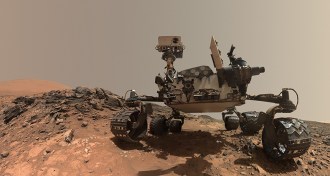 Planetary Science
Planetary ScienceWhat Curiosity has yet to tell us about Mars
Curiosity has revealed a lot about Mars in the last five years. But NASA’s rover still has work to do on the Red Planet.
-
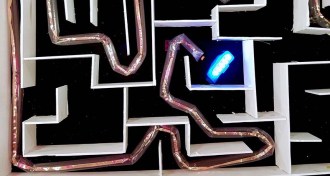 Tech
TechThis robot grows like a plant
A new soft robot navigates its environment by growing in a manner inspired by plants.
-
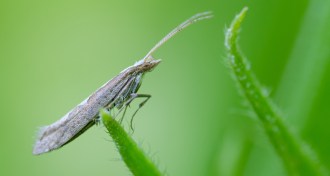 Agriculture
AgricultureGM moth trial gets a green light from USDA
GM diamondback moths will take wing in a New York field trial.
-
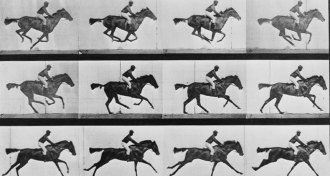 Genetics
GeneticsCRISPR adds storing movies to its feats of molecular biology
Video and images could be stored in living bacteria with a little help from the iconic gene editor, CRISPR.
-
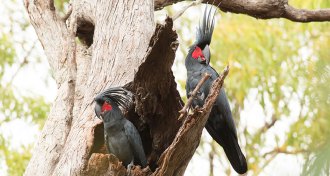
-
 Animals
AnimalsFacial recognition changes a wasp’s brain
A new study maps genes at play in a paper wasp’s brain during facial recognition.
-
 Paleontology
PaleontologyPrimitive whales had mediocre hearing
Fossils suggest that early whale hearing was run-of-the-mill, along the same line as that of land mammals.